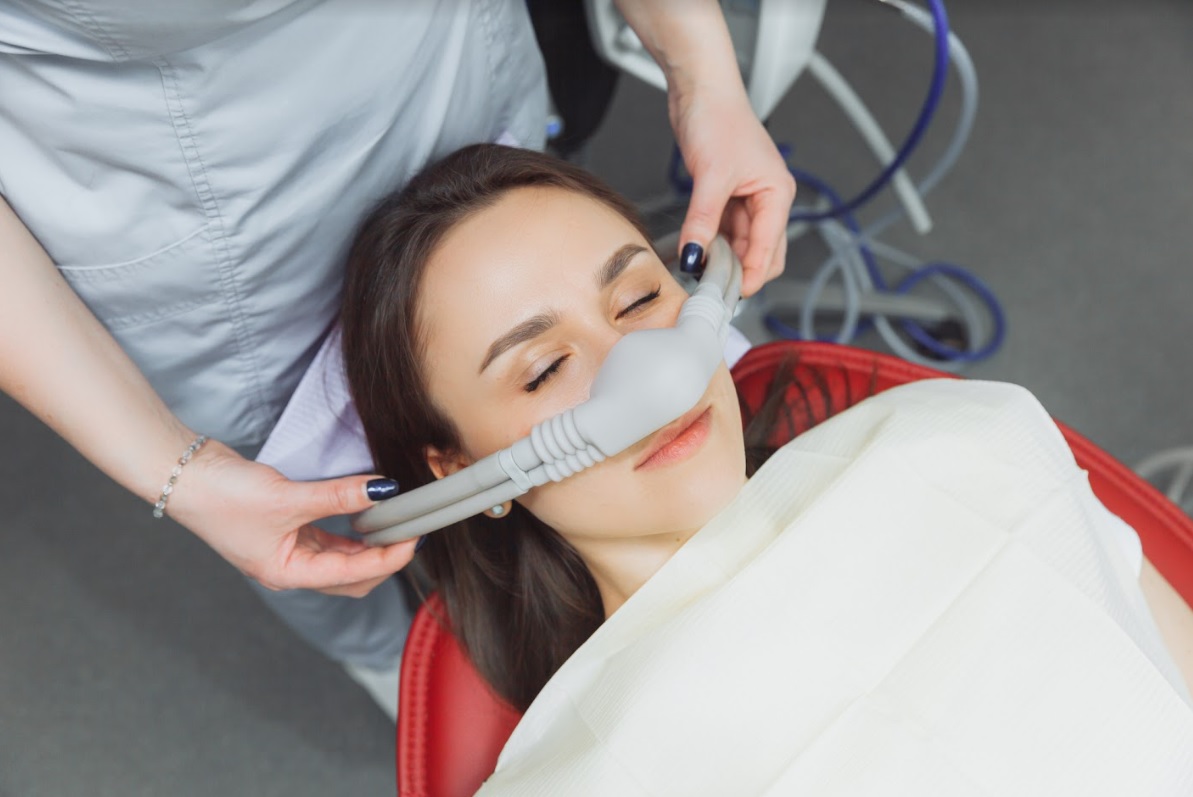Dental anxiety is a common issue that affects many people, often preventing them from seeking necessary dental care. This article explores the causes, effects, and solutions for dental anxiety, with a specific focus on Invisalign Clapham as a treatment option. Invisalign is a popular alternative to traditional braces, offering a more discreet and comfortable solution for those seeking to straighten their teeth.
Causes of dental anxiety
Various factors contribute to dental anxiety. Some of the common triggers include:
Fear of pain
One of the main reasons people experience dental anxiety is the fear of pain; this can be due to a previous negative experience or simply the anticipation of discomfort during a dental procedure.
Fear of embarrassment
Some individuals may feel self-conscious about the appearance of their teeth, which can lead to dental anxiety. They may be concerned that their dentist will judge them or that their dental issues will be visible to others during treatment.
Fear of loss of control
For some, dental anxiety stems from feeling helpless and not in control during a dental procedure; this can be particularly distressing for those who have experienced trauma or have a history of control issues.
Fear of the unknown
Uncertainty about what to expect during a dental procedure can also lead to anxiety; this is especially true for individuals who have not had dental work done before or have had negative experiences.

Tips for managing dental anxiety
While Invisalign can be a helpful solution for those with dental anxiety, it is also essential to address the underlying causes of anxiety to ensure a positive dental experience. Here are some great ideas for helping with dental anxiety:
Open communication
Discuss your fears and concerns with your dentist. A compassionate and understanding dentist will work with you to create a treatment plan that addresses your concerns and ensures comfort during the process.
Establish a signal
Before any dental procedure, agree on a signal with your dentist that you can use to pause the treatment if you feel overwhelmed or need a break; this can help you feel more in control and reduce feelings of helplessness.
Practice relaxation techniques
Deep breathing exercises, progressive muscle relaxation, and guided imagery can all be effective in reducing anxiety. Practice these techniques before and during your dental appointments to help manage dental anxiety.
Bring a support person
Having a trusted friend or family member accompany you to your dental appointment can provide emotional support and help alleviate anxiety.
Consider sedation dentistry
For those with severe dental anxiety, sedation dentistry may be an option. Speak to your dentist about the different types of sedation available and whether they may be suitable for your situation.
In conclusion, dental anxiety is a common issue that can have significant impacts on an individual’s oral and overall health. Invisalign can be an effective solution for easing dental anxiety by providing a less invasive, more discreet, and predictable treatment option. However, it is also essential to address the underlying causes of dental anxiety and employ strategies to manage it during dental appointments.
